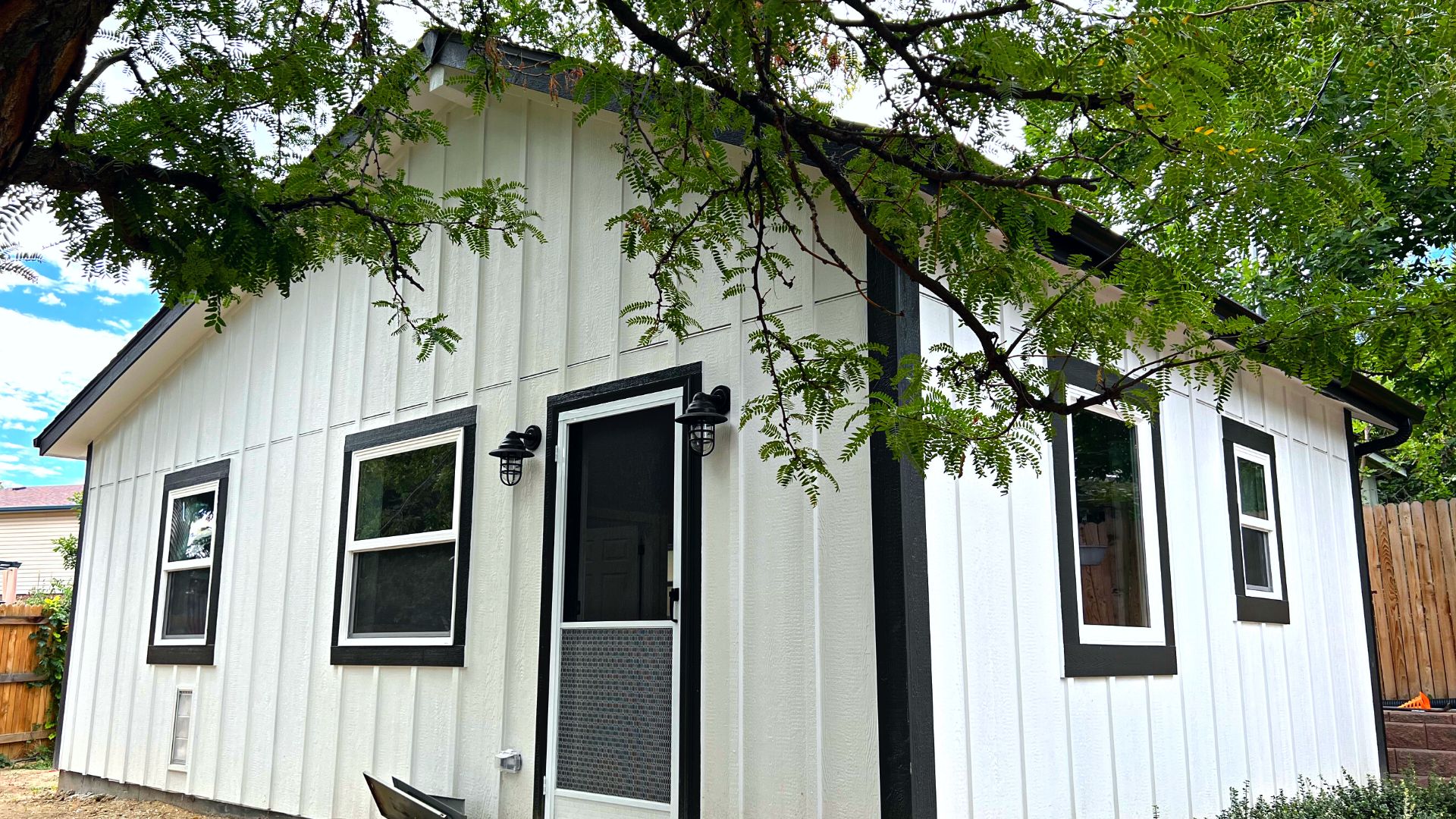
A proposal to introduce denser housing types in Littleton’s traditional single-family suburban neighborhoods has faced a significant setback. On Tuesday night, the Littleton City Council voted 6-1 to indefinitely postpone consideration of the proposed amendment to the city’s land-use code. The ordinance aimed to pave the way for “missing middle” housing—duplexes, triplexes, and accessory dwelling units (ADUs)—to address the city’s projected need for 6,500 additional housing units over the next 20 years.
The proposal ignited intense reactions, with dozens of residents packing the council chambers to voice their opinions during a three-hour session in December. Proponents argued that such changes were essential to address Colorado’s skyrocketing housing costs. Opponents, however, expressed concerns about preserving the quiet, suburban character of Littleton and questioned whether denser housing would genuinely provide relief to new homebuyers.
Councilwoman Pam Grove echoed these concerns, stating, “Greater attention should be paid to multiplexes’ potential impacts on traditional suburban neighborhoods, which is the reason we bought here, which is the reason we live here, which is what really makes Littleton unique.”
Mayor Pro Tem Stephen Barr, the lone council member to support the measure in its current form, urged a forward-thinking approach, saying, “Every citizen, and especially our elected officials, owe it to future generations to make reasonable sacrifices and incremental changes to allow future generations to prosper.”
With no clear timeline for revisiting the topic, the debate over housing density in Littleton reflects broader conversations happening statewide following recent legislative efforts to expand affordable housing options.
What Should Homeowners in Littleton Expect Now
Homeowners can expect continued debates around protecting the aesthetic and cultural identity of Littleton’s suburban neighborhoods. Residents will likely want policies that balance growth with the preservation of quiet streets, well-maintained properties, and a sense of community that drew them to the area in the first place.
Changes in zoning or housing density can impact property values. Homeowners should monitor how proposed developments or housing amendments may influence their investments. While denser housing might increase housing supply, it could also introduce uncertainties about demand and neighborhood desirability.
New single-family custom homes and home additions remain viable and appealing options
in Littleton, especially in light of the City Council’s decision to postpone the broader rezoning proposal. Here’s why these options are still relevant and desirable:
1. Single-Family Custom Homes: A Continued Choice
Custom-built single-family homes are not directly impacted by the proposed rezoning changes, as they align with the current suburban character and zoning regulations in most of Littleton.
- Demand for Personalization: Many homeowners still prefer custom homes for the ability to design a property that meets their specific lifestyle and aesthetic preferences.
- Investment Stability: Single-family homes continue to be a solid investment, particularly in areas where the suburban charm and sense of community are highly valued, like Littleton.
- Community Approval: These homes are less likely to face opposition from residents concerned about denser housing types, making them a harmonious addition to the neighborhood.
2. Home Additions: A Practical and Flexible Solution
Home additions, such as expanding living spaces, or creating more functional layouts, are an attractive option for homeowners looking to enhance their properties without moving or changing the neighborhood’s character.
- Benefits of Home Additions:
- Multi-Generational Living: Additions provide space for aging parents, grown children, or extended family, enabling flexible living arrangements.
- Rental Income Opportunities: ADUs or separate units can serve as income-generating properties to offset mortgage costs or rising property taxes.
- Increased Property Value: A well-planned addition can significantly boost the resale value of a home, appealing to future buyers.
- Custom Design Potential: Homeowners can tailor additions to suit their specific needs, such as home offices, gyms, or entertainment spaces.
- Alignment with Current Policies: As the council suggests exploring ADUs first as a step toward meeting housing needs, home additions are likely to gain more traction as an acceptable middle ground.
Why These Options Matter for Littleton
With the pause on denser housing amendments, custom homes and home additions align with the community’s preference to maintain its suburban character while addressing changing family needs and evolving lifestyles. Both options also offer a way for Littleton to grow incrementally, allowing time to adapt to future policy changes while meeting the demand for more housing options.
For homeowners, this means that pursuing these projects is still feasible and even encouraged within the current zoning framework. These choices provide flexibility, stability, and opportunities for personalization without drastically altering the essence of Littleton neighborhoods.
Connect With Us
Planning your next renovation, or maybe you are looking to do a complete remodel for your home? Whatever the task, it can’t hurt to ask. Reach out to our team through this form.
We can schedule a free consultation and discuss everything you need to get your project moving in the right direction. Did we mention, it’s absolutely free?
